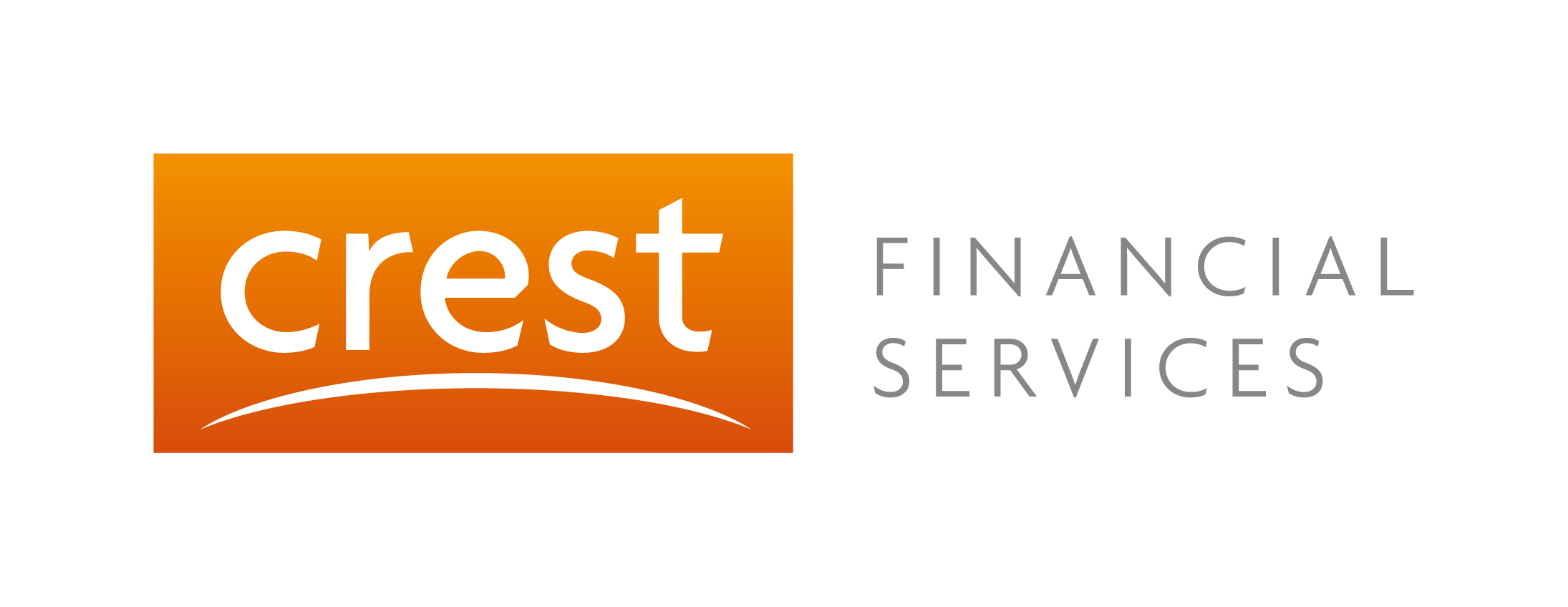Budgeting & Debt Management
Budgeting
Having trouble saving money? You’re not alone! Budgeting and saving is a little like keeping to a strict diet or a healthy exercise regime. We know we should do it, but we can always find a reason why we don’t.
Although many of us will earn over a million dollars during our working lives, we’ll only manage to save a fraction of it for ourselves.
Where Does it all Go?
Much of it is spent on luxuries and unnecessary items. These purchases add up, making it very difficult for us to reach our long-term savings goals.
Why Should You Save?
Whilst we’re told that money doesn’t buy happiness, financial problems certainly seem to be coupled with stress and worry.
Reduced job security, longer life expectancy and cuts to government assistance, mean it’s becoming increasingly important to save for the future.
You don’t need to earn a fortune or win the lottery to be financially secure. It’s how you manage the money you have that will influence how well you live now and in the future. And it’s not about self-denial or doing without, but smart management of your money.
When’s the Best Time to Save?
When it comes to saving money, it’s never too early to start. The best time is today.
The earlier you start, the less you’ll need to put aside each week, and the more you’ll be able to generate in the long-term.
How Can You Start?
Save first, then enjoy spending.
Most of us spend our money first and then see if there’s anything left over to be saved. There usually isn’t.
The approach should be reversed: begin by putting away a given amount and then paying off the essentials. The remainder can then be spent guilt-free. Establishing a budget that shows what you earn and where you spend it, is a good start.
The Secret to Financial Security
The secret to financial security isn’t a ‘get rich quick’ scheme, and it isn’t particularly exciting, but it does work. It’s all about budgeting and establishing a regular savings plan.
Becoming financially secure doesn’t just happen. It’s up to you to make it happen using:
- A budget – taking into account how much you earn;
- A savings and investment plan – deciding how much you need to put away and where to invest it;
- Discipline – adding to your savings regularly; and
Patience – building your wealth takes time!
Staying in Control
While most of us prefer to concentrate on what we own, rather than what we owe, debt has become a perfectly normal and acceptable part of the modern world in which we live. It is considered a ‘necessary evil’. Without debt, it is unlikely that most of us would ever be able to purchase our own home (using a mortgage) or our car (using a personal loan).
In today’s competitive financial services environment, there is a myriad of lending (debt) products on offer – with terms, conditions, options and interest charges to suit every need. Comparing these products, and selecting the one that best matches our needs at the time, is a time-consuming and often perplexing task. But, choosing the most convenient rather than the most appropriate lending product could have a substantial negative impact on your financial well being.
What is Debt Consolidation?
Put simply, debt consolidation is the process of replacing several separate loans (or debts), with one new loan (or debt). For example, you may have an existing home loan, a car loan and also some credit card debt. A new loan (secured against your home) is taken out which effectively pays out these three debts and then continues to operate as a normal home loan.
But, is debt consolidation the right answer for you? The ability to combine a number of debts into one ‘neat package’, is attractive. However, before proceeding, you should seek expert advice from your financial planner to ensure that this really is the best option for you. There are several interesting consequences of using a single new (and larger) loan to replace a portfolio of existing personal debt, which can be both potentially advantageous or disadvantageous to you, depending on your individual circumstances.
The potential advantages of debt consolidation include:
- The annual interest paid on the new loan is usually less than the total annual interest paid on types of debt you may have. For example, credit card and personal loan interest rates are normally higher than those on housing loans;
- Annual repayments on the new loan will often be considerably less than the total repayments made on all your current debts;
- The ongoing transaction costs associated with the one consolidated loan may be significantly less than the total costs currently incurred on the five existing facilities; and
- Ease of management – just one monthly statement and one monthly payment.
The potential disadvantages of debt consolidation include:
- A loan which might otherwise be repaid over a shorter term (for example, personal loans are normally repaid over a one to five year period), will now be all repaid over the longer term of the new loan;
- The longer term of the new loan means total repayments made will be considerably greater than the sum of the total repayments of current multiple debts (unless some early repayments of principal are made); and
- There may be costs associated with the taking out of the new loan and the early repayment of the other facilities.
Why Consider Debt Management?
Debt is simply something owed by one person (the debtor) to another. However, it is most commonly associated with the obligation we accept to repay the lender both the original sum we borrowed (called the ‘principle’) and also any interest or other charges set out in the loan agreement.
Selecting Your Lending Product
Like most people you may not have the time or the expertise to ensure your debt arrangements are appropriate for you. It is much more convenient and less confusing to simply accept the first option offered to you – one which is often linked to the purchase itself. Thus, you may be repaying a series of debts, all of which have different terms, conditions, fees and interest charges and repayment dates.
The table below captures the most common forms of debt and lending products:
| Purchase | Type of Debt | Interest Rate* | Term |
| Own home | Mortgage | 6% + | Normally 20-30 years |
| Car | Personal loan | 10% + | Normally 1-5 years |
| Smaller household purchases | Credit card/Store card | 12% to 30% | Ongoing, but normally requiring a minimum payment of approx. 3% of credit balance. |
| Shares such as Telstra, CBA or managed funds | Personal or margin loan | 9% + | Dependent on terms and conditions of actual loan. Can be set repayment of principal and interest over set term or interest repayment only. |
*Interest rates, terms and conditions, and fees charged vary markedly between lending organisations.
What began as the easiest option at the time, can quickly become a very confusing maze of multiple monthly repayments, due on different days, to different institutions.
It can also become very expensive, as each one of these debts will usually have an associated series of start-up costs and ongoing account-keeping or maintenance fees and charges. Government fees in the form of stamp duty are often levied as well on each new borrowing. Interest is not the only cost we pay on debt products.
When you purchase an asset, you normally do so with the purpose of accumulating wealth either through appreciation (growth) or income (dividends, etc). Yet, while trying to make your hard-earned dollars work that little bit harder for you, you may face fees, charges and higher interest on debt products that don’t really suit your individual needs.
The Importance of Regular Reviews
Debt management is a process whereby you actively manage and review what you owe to ensure that you are not paying any more than you need to when purchasing assets. While reviewing your portfolio is considered to be an essential part of the asset accumulation process, so too should be the regular evaluation of your debts and liabilities.
It is essential to not only take great care when selecting the lending solution, but to also regularly review whether that long-term lending product is still the right choice for you.

